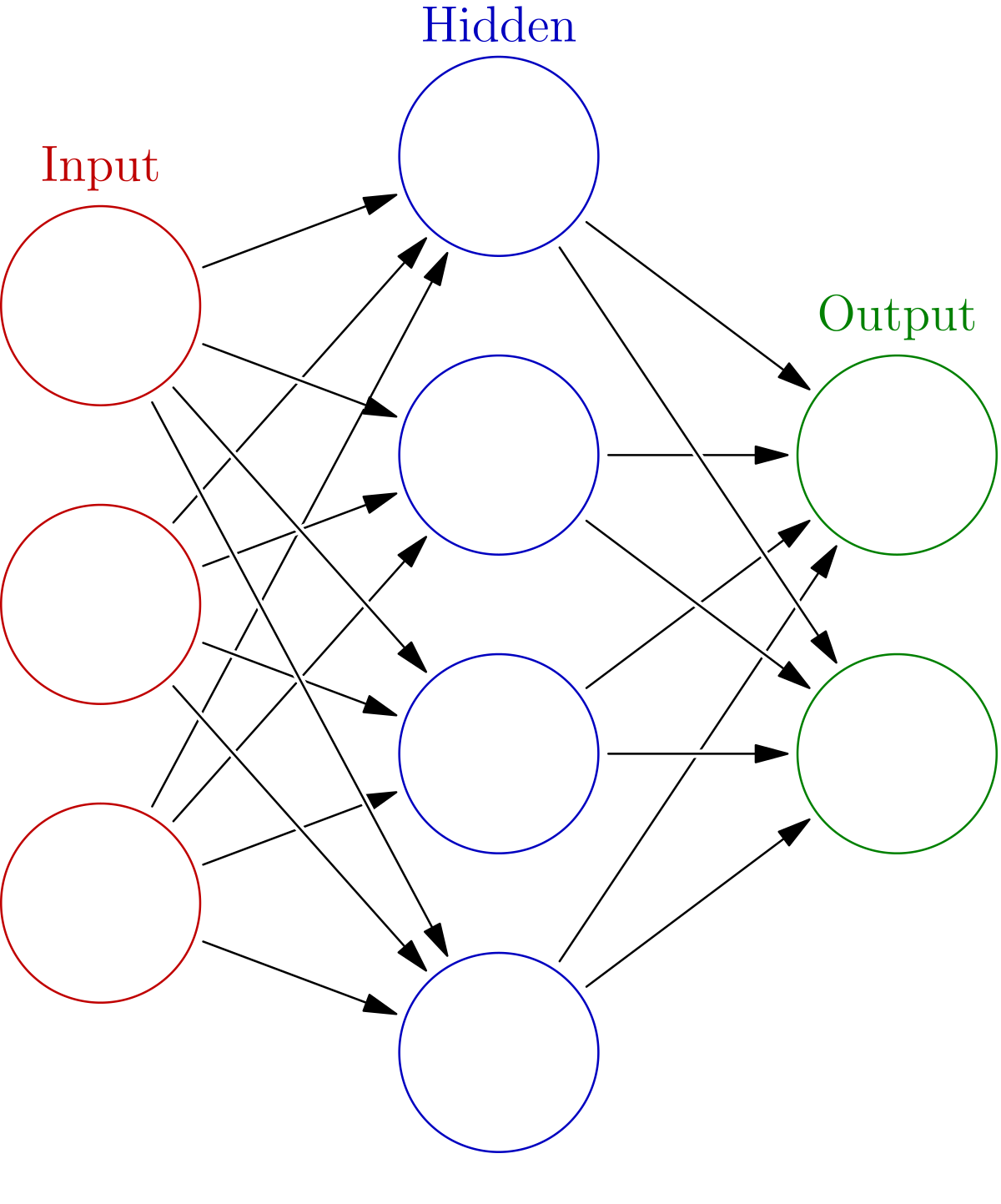Phoronix: Gneural Network: GNU Gets Into Programmable Neural Networks
The inaugural release of Gneural Network is now available, a new GNU Project to implement programmable neural networks...
The inaugural release of Gneural Network is now available, a new GNU Project to implement programmable neural networks...


Comment